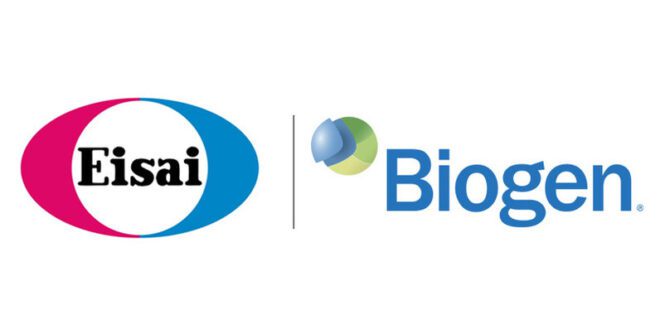The results of the Phase 3 Clarity AD study show that lecanemab-irmb (LEQEMBI) treatment has positive effects on both amyloid-beta (Aβ) and tau pathology, which are key factors in Alzheimer’s disease. These findings were presented at the Alzheimer’s Association International Conference (AAIC) 2023. In addition, new data on a subcutaneous (SC) formulation of lecanemab was also presented, showing promising pharmacokinetic/pharmacodynamic (PK/PD) data modeling on efficacy and safety. The U.S. FDA recently granted traditional approval for LEQEMBI on July 6, 2023. The Clarity AD study was a global Phase 3 study involving 1,795 individuals with early Alzheimer’s disease, with the lecanemab group receiving bi-weekly IV treatment of 10 mg/kg and the placebo group receiving a placebo. Lecanemab met the primary endpoint and all key secondary endpoints with statistically significant results. The study also measured various biomarkers related to Alzheimer’s disease, including amyloid, tau, neurodegeneration, astrocyte activation, and synaptic dysfunction. Lecanemab showed improvements in these biomarkers, suggesting that it slows disease progression. A tau PET substudy of Clarity AD also showed that lecanemab administration slowed the accumulation of tau pathology in the brain. Furthermore, a comparison between intravenous (IV) and subcutaneous (SC) dosing of lecanemab showed that the SC formulation is predicted to achieve comparable efficacy with improved safety compared to the IV formulation. A fixed lecanemab SC dose of 720 mg administered weekly may result in similar exposure and efficacy as the IV dose of 10 mg/kg administered bi-weekly. The SC dosing is also predicted to have a lower incidence of amyloid-related imaging abnormalities with edema/effusion (ARIA-E) compared to IV dosing. Eisai is leading the development and regulatory submissions of lecanemab globally, with both Eisai and Biogen co-commercializing and co-promoting the product. LEQEMBI is indicated for the treatment of Alzheimer’s disease, and healthcare providers should consider the potential risk of ARIA when deciding to initiate treatment. LEQEMBI is contraindicated in patients with a serious hypersensitivity to lecanemab-irmb or any of its excipients, and precautions should be taken for ARIA monitoring and dose management.

 Mind Uncharted Explore. Discover. Learn.
Mind Uncharted Explore. Discover. Learn.



